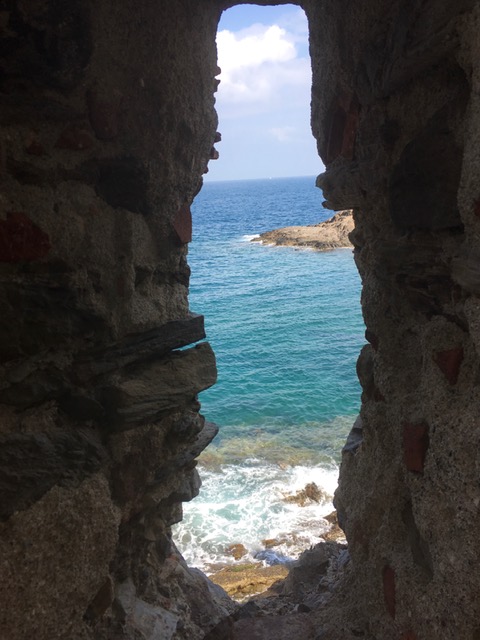
A drop in the ocean
A few weeks ago, I was telling my friend Chad how we were living without a car here, despite living in a hilly town of 44 000 people with patchy bus routes and frequent train strikes or breakdowns. We do have a scooter, I said proudly, an electric one. He looked at me quizzically. You do know that motorcycles use hardly any gas? I didn’t — looks like it’s 2-3 litres / 100 km, compared to between 4-17 litres / 100 km for cars (EU / Canada — depending on the size, model, if you’re driving in the city or on the highway, with snowtires and heat/AC etc). Admittedly, for tootling short distances around town, it’s a drop in the ocean.

We are all drops in the ocean, in the bigger picture. For me, these personal choices have always been about walking the talk. How can I justify lobbying for more environmental public or corporate policies, if I don’t work to reduce my own environmental footprint?
But as I think about our life without owning a car, I realize that it’s about more than walking the talk. We’re forced to get to know the bus and train schedules and I’m personally incented to write to the city and complain about the lack of evening buses. We now understand how charging an electric scooter works (easy) and have discovered a plethora of carsharing systems for the weekends we want to leave town or the errands that need a car, including ouicar and Getaround, which let people rent their cars to other residents, Modulauto, a new electric car share system similar to Communauto in Montreal, a community bike-repair shop and Rézopouce, an app to encourage safe hitchhiking in the region. Probably best of all, we’re motivated to walk everywhere and stay in shape.
I leap to note that this is not a condemnation/judgement of car owners (we have the luxury of time, knowledge and motivation which others don’t, and we flew across the ocean to come here). It’s more of an ode to ocean drops.
I often hear people criticized for taking individual acts like buying local organic food or driving electric cars, as a rich person’s way of salving their environmental conscience and promoting their own health. If this was all we did, it’s not enough. And if it prevents or distracts us from making bigger, more fundamental changes to the system like better public transit, more bike lanes, support for electric cars, that’s a problem. But if it helps us find a path to the new world we need and inspire others with what’s possible, individual acts can make waves, drop by drop.